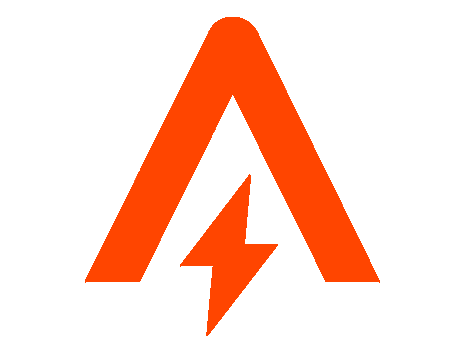Oral Health Tips for Retirees

Eating a nutritionally balanced diet, rich in proteins, usually suffices for maintaining a healthy lifestyle. Nonetheless, achieving the elevated protein needs for muscle growth can be more demanding. Protein supplements offer a straightforward and practical way to enhance protein consumption, aiding in muscle-building efforts.
Protein supplements are dense in high-quality proteins, vital for muscle repair and growth. After exercising, muscles require sufficient amino acids to heal and increase in strength. Protein supplements deliver these amino acids efficiently, catering to timely muscle recovery needs. Additionally, they allow you to reach your protein goals without the added calories and effort of larger food quantities, facilitating a healthy diet with a fitness focus.
Choosing the ideal protein supplement can be challenging due to the diverse options available online. Different protein powders serve various purposes, such as weight management, muscle building, recovery, and meal replacement. Comprehending the types and benefits of each can guide you in selecting the right protein powder to meet your needs.
Whey Protein
Derived from cow’s milk, whey protein is favored among supplements for its fast absorption and comprehensive amino acid profile. As a complete protein, it contains all nine essential amino acids, including leucine, crucial for muscle repair and growth.
Whey protein, processed in different ways, results in varying nutrient levels. The primary forms are whey isolate, whey concentrate, and whey hydrolysate.
Whey Isolate
Whey isolate contains up to 90% protein, undergoing additional processing to lower fats and carbohydrates, resulting in higher protein content. However, processing strips away some macro and micronutrients naturally present in whey.
Whey Concentrate
Whey concentrate involves less processing, making it more affordable while retaining its nutritional value. It includes macro and micronutrients preserved during manufacturing. Although it has less protein than isolate, concentrate offers health benefits that aid muscle repair.
Whey Hydrolysate
Obtained from protein isolates or concentrates, whey hydrolysate is processed through heat, which eliminates some amino acids and enzymes, facilitating easier digestion and quicker muscle recovery.
Casein Protein
Also from cow’s milk, casein protein digests slowly compared to whey. It provides prolonged amino acid release, optimal during long fasting periods such as overnight. Consuming casein before sleep supports nighttime muscle repair.
Plant-Based Protein
Plant-based protein powders are excellent alternatives for vegetarians or vegans.
Pea Protein
Pea protein is a complete protein, offering all essential amino acids. It is well-suited for those with dietary restrictions due to its easy absorption.
Rice Protein
Rice protein lacks a complete amino acid profile but is often combined with other plant-based proteins. It aids in muscle growth and recovery.
Hemp Protein
Hemp protein is nutrient-rich and has a complete amino acid profile, presenting a nutty flavor while gentle on sensitive stomachs.
Egg Protein
Derived from egg whites, egg protein is a complete protein, suitable for those with dairy allergies or desiring low-carb protein options.
Soy Protein
Soy protein, sourced from soybeans, is a popular choice for vegetarians and vegans due to its complete protein profile. It may offer health benefits, such as cholesterol reduction and heart health promotion, and provides plant-based calcium and iron.
Rice Pea Protein Blend
Combining rice and pea protein results in a complementary amino acid profile akin to animal proteins. This blend is well-tolerated, offering a complete protein source, popular for those seeking enhanced nutritional benefits from plant proteins, ensuring optimal amino acid balance.
What Else To Look for?
When shopping for protein supplements online, consider the following factors.
Fewer Ingredients
A simpler ingredient list indicates fewer fillers, artificial additives, and unwanted substances, assuring a pure, high-quality protein source. Simple formulations are also easier to digest and absorb, potentially reducing digestive issues like bloating or discomfort.
No Added Sugar
Additional sugars can hinder a fitness regimen by providing quick rather than prolonged energy needed for sustained activity and recovery. Choosing protein powders without added sugars allows customization of sweetness with natural sweeteners or fruits.
No Hydrogenated Oils
Hydrogenated oils contain trans fats, which can elevate bad cholesterol (LDL) and lower good cholesterol (HDL), increasing heart disease and stroke risks. Trans fats may also contribute to abdominal fat and weight gain, not desirable for those maintaining healthy weight levels.
Higher Protein Content Per Serving
A higher protein per serving means less powder needed to meet protein requirements, making it cost-effective. Since protein is more filling than carbs and fats, high-protein powders support appetite control and reduce overeating potential.




